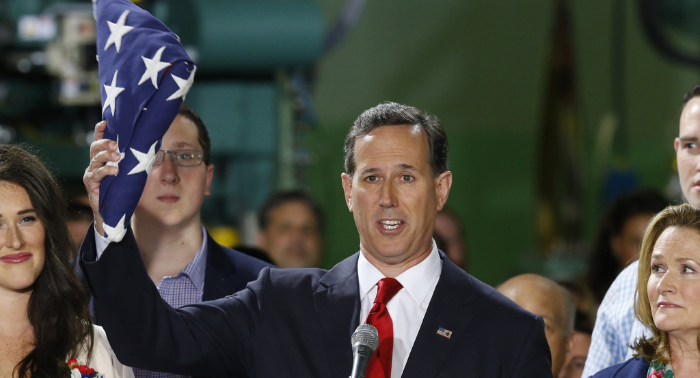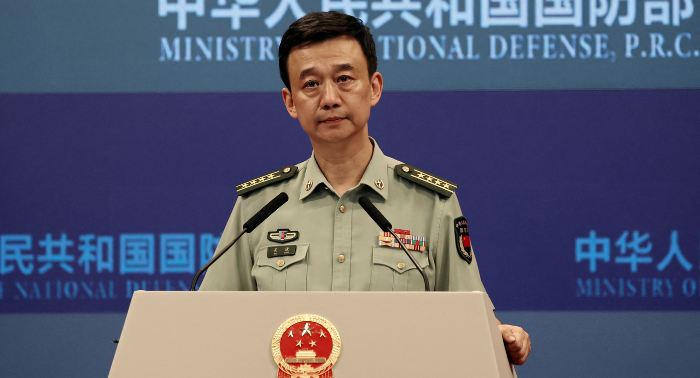The recent hostage exchange between Israel and Hamas has been a source of both relief and concern. In a deal that has been described as uneven, Israel released three Palestinian prisoners for each Israeli hostage freed from captivity in Gaza. The agreement has brought joy to Israeli families as their loved ones, including women and children, were returned after being abducted by Hamas during the tragic events of October 7.
However, this exchange has raised alarms in Israel, as there are fears that some of the released Palestinians, previously convicted of serious offenses, might return to criminal activities against Israel. The media has extensively covered the stories of the Israeli hostages, detailing their names, ages, and backgrounds, providing a human face to the ordeal they endured. In contrast, less attention has been given to the identities and histories of the Palestinian prisoners released by Israel.
The lack of focus on these individuals has left a gap in public understanding of the potential risks associated with the deal. Among the Palestinians released, there is concern that some have past convictions for severe crimes, including acts of terrorism. This aspect of the exchange has sparked debate and concern within Israel and among observers worldwide, about the implications for future security and the precedent it sets for handling such hostage situations.
The decision to release these prisoners was undoubtedly difficult, weighed against the imperative to bring Israeli hostages home. However, the release of individuals with a history of serious criminality poses a dilemma: while it secures the freedom of hostages, it potentially risks future security by reintegrating individuals with a known propensity for violence back into society.
This exchange highlights the complex and often painful decisions that governments must make in hostage situations, balancing the immediate human cost against long-term security considerations. As families reunite with their loved ones, the implications of this exchange will continue to be a subject of intense scrutiny and debate.




